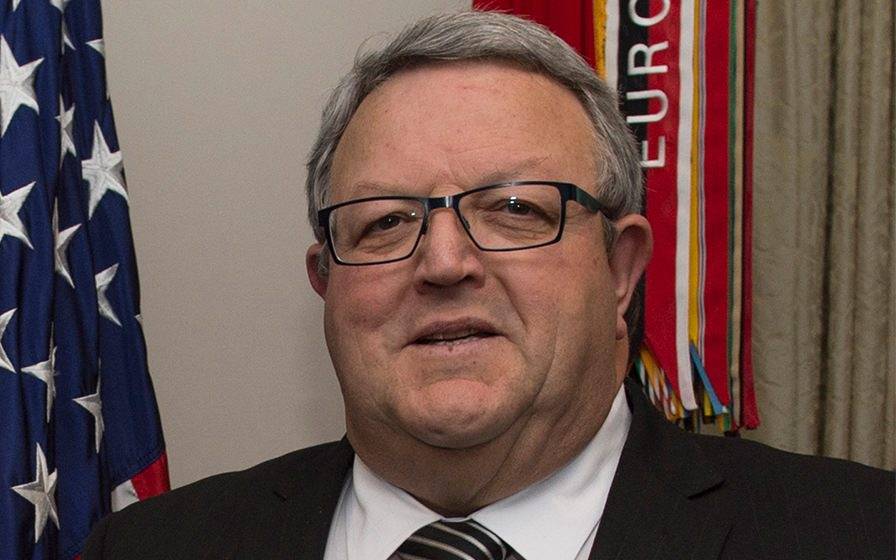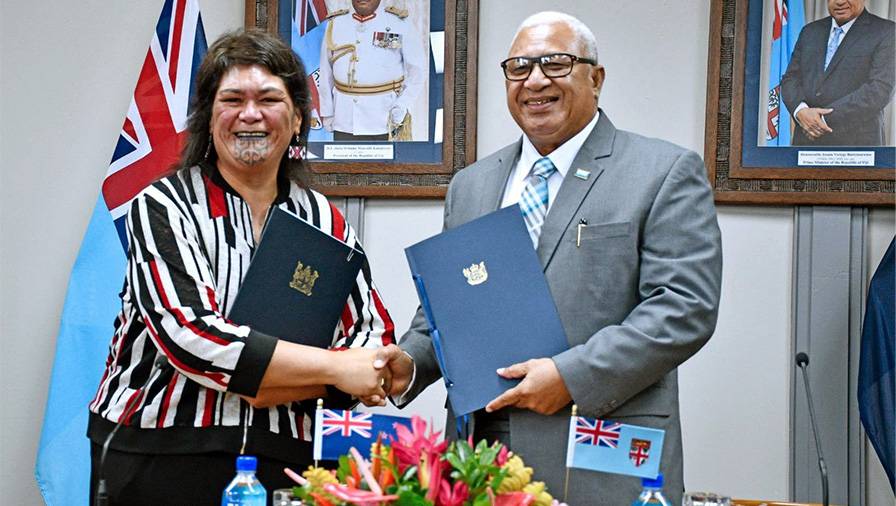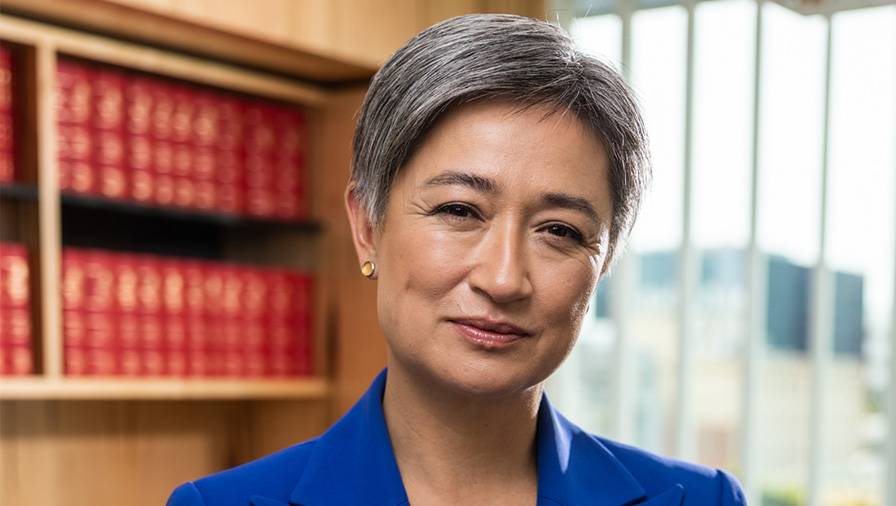Prime Minister to face domestic problems after US trip
ANALYSIS: Jacinda Ardern will urge US to join CPTPP but progress is unlikely.
Grant Walker and Brent Edwards discuss the week in politics.
ANALYSIS: Jacinda Ardern will urge US to join CPTPP but progress is unlikely.
Grant Walker and Brent Edwards discuss the week in politics.
It was a long time coming but Prime Minister Jacinda Ardern will now meet United States President Joe Biden in Washington DC on Tuesday US time.
Having already been in Washington last week, it means Ardern criss-crosses the country to make that symbolic and important visit to the White House.
Her trip has now been extended as she travelled back from Seattle on the west coast on Saturday, instead of returning home.
It comes as China continues to flex its muscles in the Pacific, with its Foreign Minister Wang Yi on a 10-country tour of Pacific Island nations, seeking an agreement that Western nations fear will draw them strongly into China’s orbit.

National Party foreign affairs spokesperson Gerry Brownlee
It has drawn criticism from former foreign minister Winston Peters that his successor Nanaia Mahuta has been incompetent, and National Party foreign affairs spokesperson Gerry Brownlee has urged Mahuta to be in hot pursuit of Wang.
Peters even criticised the fact Ardern was in the US, even though that visit is an important part of the government’s strategy of reopening to the world after more than two years of a closed border.
In part, the Covid-19 pandemic has been largely responsible for New Zealand’s so-called neglect of the Pacific. With Pacific Island nations closed to visits – in an effort to stave off Covid – there had been no direct person-to-person contact at a political level for some time.
While much has been made of the fact that new Australian Foreign Minister Penny Wong flew to Fiji late last week, people quickly forget Mahuta was there at the end of March when she and Fijian Prime Minister Frank Bainimarama signed an expanded Statement of Partnership between the two countries.

Nanaia Mahuta and Fijian Prime Minister Frank Bainimarama.
New Zealand and the Pacific
Nor has New Zealand ignored the Pacific over the previous couple of years.
It gives more than $400 million a year in aid to Pacific Island nations, has contributed more than nine million Covid-19 vaccines, and has committed to spend hundreds of millions of dollars on projects designed to reduce greenhouse gas emissions.
But both New Zealand and Australia appear to have been caught flatfooted by China’s latest initiatives, including the security agreement it signed with Solomon Islands.
On his visit there, Wang said China had “no intention at all” to build a military base in Solomon Islands.
Just days before Wang met Solomon Islands Foreign Affairs Minister Jeremiah Manele, though, Mahuta and Defence Minister Peeni Henare announced the extension of the New Zealand Defence Force deployment as part of the Pacific-led Solomon Islands International Assistance Force.
Mahuta met Manele over zoom to discuss cooperation between the two countries, as well as the extension of the deployment.
“We are committed to supporting security in Solomon Islands and promoting a peaceful, prosperous and resilient Pacific region,” she said last week.

Australian Foreign Minister Penny Wong.
Australian disrespect
At the same time, Australia is re-engaging with the Pacific on a more equal footing than previously.
Wong said past Australian governments had “ignored and disrespected” Pacific nations’ calls for action on climate change. Her Government would stand with the Pacific Islands to take strong climate action.
“This is a different Australian government, and a different Australia,” media reported Wong saying in Fiji.
But what about the United States?
While it remains worried about growing Chinese assertiveness in the region, it appears to largely be leaving Pacific Island nations to their own devices.
On his trip to Japan last week, Biden unveiled the new Indo-Pacific Economic Framework for Prosperity, but that tied the larger nations of the region to the fledgling agreement, not the tiny Pacific Island states. As it is, IPEF – as it is known – seems a wasted effort when the Asia-Pacific Economic Cooperation group and the Comprehensive and Progressive Agreement for Trans-Pacific Partnership already exist. As it is, no-one, not even Biden, really knows what IPEF is.
In Washington this week, Ardern will try again to convince the US to re-join the CPTPP, but her efforts are likely to be in vain given the rich strain of protectionism evident in the American electorate.
Yet a meeting with the US president, the first since former National Prime Minister John Key met Barack Obama in 2014, is noteworthy and at the very least ensures New Zealand and its concerns are put on the Americans’ agenda.
Much of her visit has been overshadowed by the horrific shooting at Robb Elementary School and is likely to come up during her meeting with Biden as Americans, once again, grapple with another mass killing.
Yet, despite that sombre overtone to the Prime Minister’s visit, she has still managed to get the message across that New Zealand is open for business again.

Reserve Bank governor Adrian Orr.
Rising interest rates
It might be open for business again, but at a cost. The Reserve Bank has raised the official cash rate to 2% and has signalled it will go as high as 4% as it attempts to rein in inflation.
Inflation is even higher in the US and the Federal Reserve there has also started raising interest rates.
It is just another problem both Ardern and Biden have in common.
Back home, though, the National Party will largely ignore the global aspects of rampant inflation and instead this week continue to run the line that government spending is largely responsible for the bank having to raise rates so high in response to rising prices.
While Reserve Bank governor Adrian Orr has acknowledged government spending puts upward pressure on inflation in the short-term, he also says it is not a significant factor and that over the next four years it will act as a drag on inflation.
National, though, will not concede an inch its campaign to convince households the reason they are paying more for goods and services and now more to pay off their mortgage is largely the Government’s fault.
When Ardern gets home late this week, any adulation from meeting Biden will dissipate quickly as she again confronts intractable political and economic problems.
Brent Edwards is NBR’s political editor.